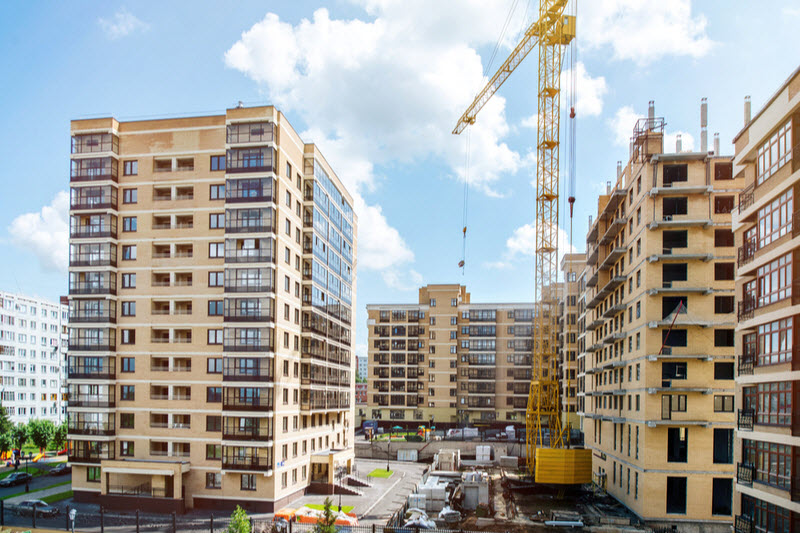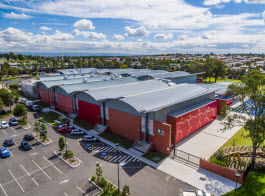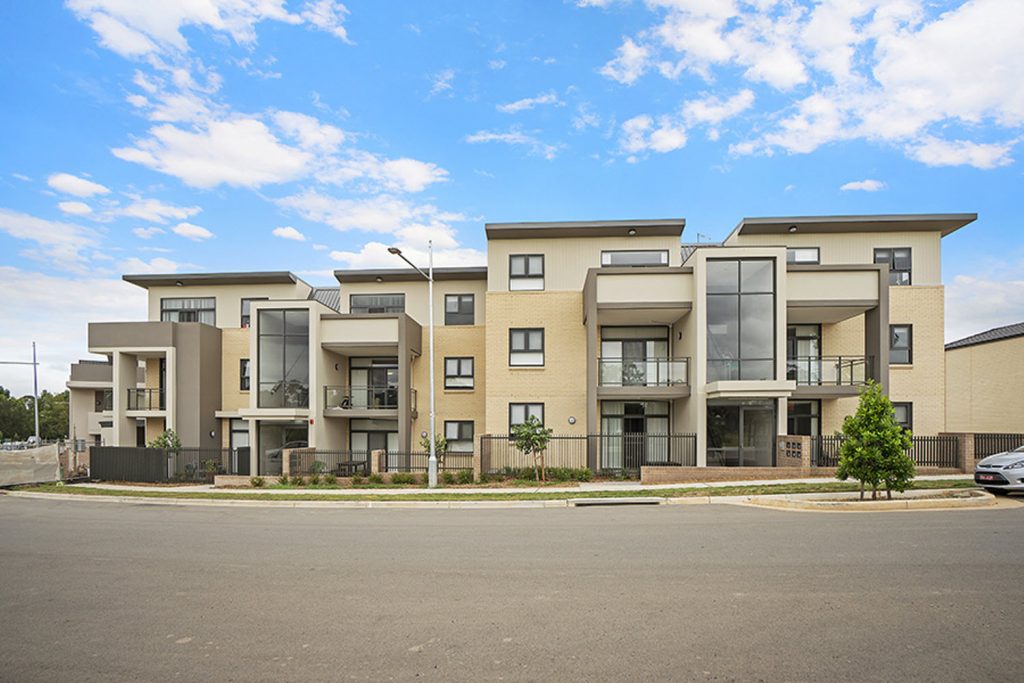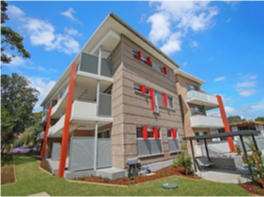
The Design and Building Practitioners Act was a result of waning public confidence in the construction industry, with shoddy workmanship, unprofessionalism and a lack of regulation all contributing to the issue.
When a landmark report into the infrastructure industry was made public in April 2018 public, the response was far reaching. Commissioned by the Building Ministers Forum (BMF), the Shergold-Weir Building Confidence report examined a range of issues, including the integrity of private certification within the construction industry, the role of the building surveyor and the shortcomings of the implementation of the National Construction Code.

About the legislation
The New South Wales Government’s Design and Buildings Practitioners Act (2020) (the Act) was introduced in response to the report, in the hopes of restoring public confidence in the building industry and better regulating designers and builders.
The Act came into effect from 11 June 2020, while the accompanying Design and Building Practitioners Regulations 2021 (NSW) (the Regulations) – the remaining regulations to design and building work, practitioner registration, disciplinary actions, investigations and enforcement provisions – began in July 2021.
So, what does this mean for the construction industry?

Registration and declaration process
The Regulations set out the new registration and declaration regime for certain building work and are intended to set a minimum standard for building practitioners across NSW, in order to minimise the likelihood of design defects and promote safe and high-quality construction.
The registration process now involves meeting qualifying criteria, such as current and valid construction licences and practical experience minimums.
Additionally, the preparation and lodgement of compliance declarations to the NSW Planning Portal must be completed before building work can commence.
At this stage, the registration and declaration system encompassed in the Regulations applies only to the construction, alteration, addition, repair, renovations or protective treatment of ‘class 2’ buildings – those buildings that contain two or more sole-occupany units (such as residential buildings).
While there remains scope for the Regulations to be expanded to other classes of buildings in the future, the initial regulations are an excellent step toward increasing community confidence in the industry.

Raising standards and prioritising safety
Mono has welcomed the raising of standards in the industry we love, and the prioritisation of safety – for our colleagues, our contractors and the community.
An integral aspect of the Regulations is the focus on a Code of Practice.
In order for practitioners to maintain their registration they must comply with the Code of Practice included in the Regulations, which covers problem areas within the industry, such as conflicts of interest, confidentiality and competency standards.
The Act and accompanying regulations will raise the standard of service delivery within the construction industry, by ensuring all construction professionals are following a minimum standard.
More importantly, however, the focus has rightly shifted to prioritise safety – for construction workers, residents and the wider community.
Ready to lay the groundwork?
At Mono, we live and breathe construction. Whatever your project, we can help. Contact us to see how we can bring your project to life. Read more construction articles.






